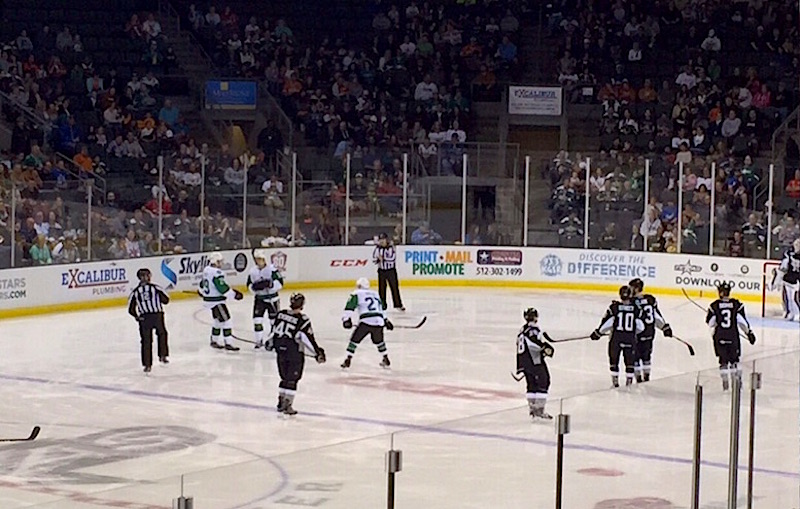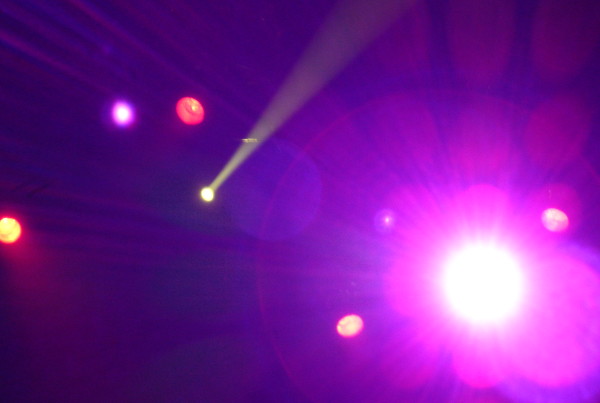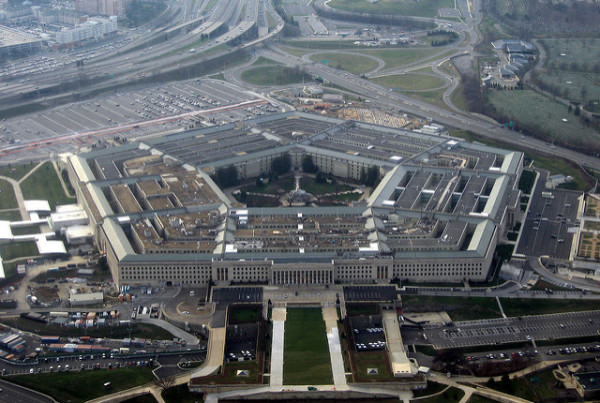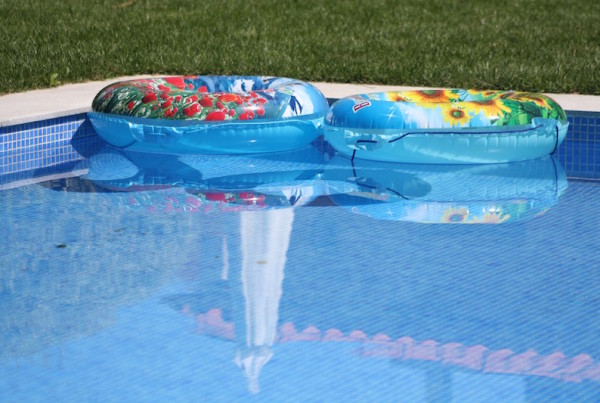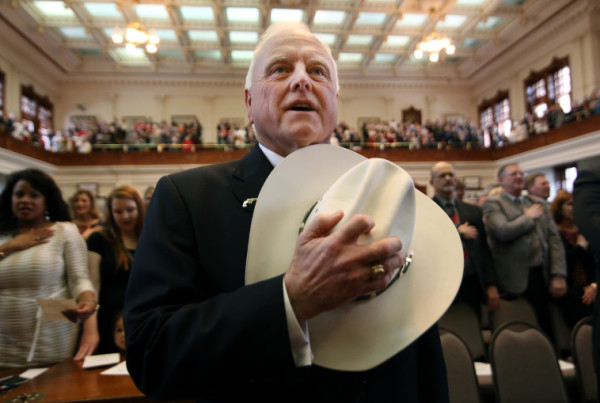I’m not sure about y’all, but when I think about sports in Texas, football is the first to come to mind. But a few kids playing outside a sports center in Cedar Park, Texas, are really into another game – and it doesn’t even involve a ball.
We’re outside on a warm Saturday evening, but a lot of folks are in long sleeves and coats. We’re about to step into a cold arena to watch minor-league hockey. The folks around me are pumped.
Brandy Winters is a mother, a social worker and a hockey fan. She absolutely loves the Texas Stars, the Dallas Stars minor-league affiliate.
“It is very, very fun to come to these games,” she says. “My life has improved since I can come and see Texas Stars on a regular basis. I have something to look forward to. It’s amazing. I just called all my friends and said ‘Come on, we’re gonna start cheering early.’”
Winters and her family have been coming to hockey games since the team moved here seven years ago. Taxpayers backed the idea of building an arena with the idea of luring pro hockey to Central Texas.
Phil Brewer is Cedar Park’s economic development director. He says a lot of people didn’t think hockey in Cedar Park would play. But he says he became less concerned about the hockey idea when the Dallas Stars got involved.
“When you find a partner like the Dallas Stars it makes it a lot easier,” Brewer says. “They had skin in the game with us. You know they were an experienced operator too, which was also important to us, because we certainly had no experience in operating a facility like that.”
The 6,800 seat arena was built with the assistance of a cash investor. On the nights when the Stars play it’s usually near capacity.
The arena hosts concerts, monster truck shows and graduations. It’s also home to the minor league affiliate of the Spurs. All those events bring in money from nearby communities – and that’s led to more development.
“I’m talking to two different hotel developers that are looking at doing hotels over in that area,” Brewer says.
This economic growth can also be pinned to the booming population growth of Central Texas. Erecting that arena seven years ago allowed Cedar Park to avoid what economists like Brad Humphries, a professor at West Virginia University, call the displacement effect.
“(That’s where) you provide a new entertainment option for people who live in the community, they go and attend those hockey games and spend that money there and don’t spend that money at other local businesses,” Humphries says.
Humphries has looked into the economic success of cities that have built minor league hockey teams in Canada. Normally he says economic success isn’t tied to an arena, but to where the dollars are coming from.
“The basic source of any positive economic impact associated with a sports facility, a stadium or arena, would have to be this attracting people from outside the community to come in and spend money,” he says.
Humphries says that an attendee of a Stars game from outside of the city just stopping to get gas in Cedar Park is a goal. Getting them to stay the night? Well, that’s a win.


